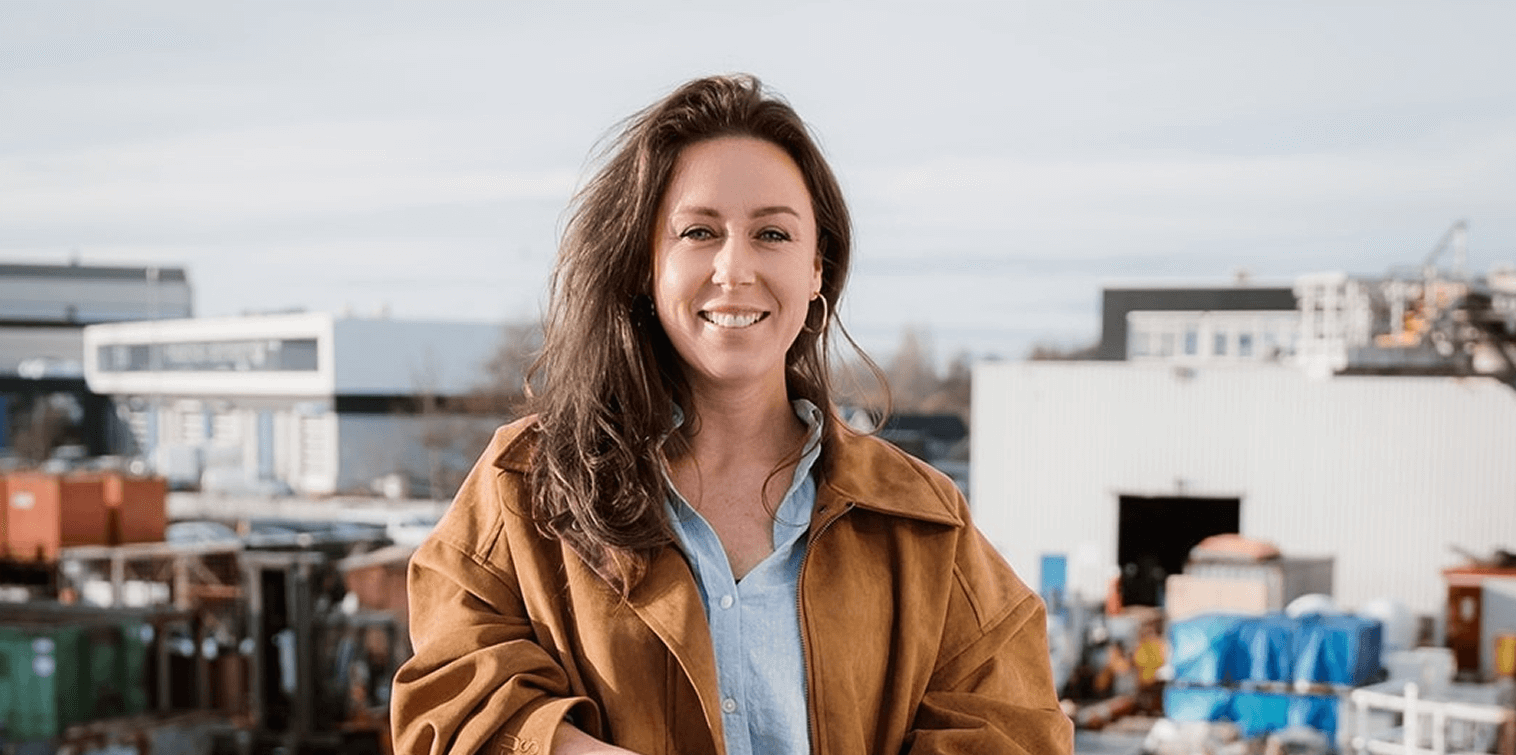The WPCAP boulder starts to move
 Credit: Guido Pijper
Credit: Guido Pijper
Priority measures
Meanwhile, the efficiency working group is making headway with the 2021 aim to implement a ‘no regret’ measure in a pilot between port, terminal and shipping line. Based on a range of interviews and discussions it has become clear that the priority measures are to optimize speed between ports, improve planning of ships calling at multiple berths in one port, improve ship/berth compatibility through improved data and finally enable ship deadweight optimization.
The working group is scheduled to issue a ship-port interface guide later this year and will then work with IAPH, IHMA and other accredited NGOs in having an IMO paper published to commit to global implementation of efficiency measures that reduce greenhouse gas emissions from shipping.
According to the policy working group, all WPCAP ports are already leaders in implementation of policies, though the added value would be to implement joint measures - taking in mind guiding principles of competition law. A policy inventory is complete, whilst a screening tool is nearing completion. This would help ports to select the most effective air quality and climate change policy for their environment, and it would fuel ongoing work to achieve joint policies which remains the ultimate goals of the working group.
Pilot projects in place
On the topic sustainable fuels for deep-sea vessels, the key focus is on pilot projects. Port of Rotterdam funded a biofuels demonstration in partnership with several parties, the port of Antwerp initiated the order of the world’s first hydrogen-powered tug for its fleet, whilst the Vancouver Fraser Port Authority has partnered with the Province of British Columbia and industry to launch the Clean Technology Initiative, which helps fund the trialing of lower-emission fuels and technologies by port users.
Next steps for the working group are to actively reach to stakeholders on deliverables and connect with international organisations for the development of a guidance document on the introduction of sustainable low carbon marine fuels.
At the end of the session, port CEO’s felt hugely encouraged. “If we showcase the projects to the world and collaborate with a growing number of organisations, we start making a vast impact”, stated Castelein. “We’re on to something very big now. Our network of leading international ports has truly gained critical mass to realise change successfully.
Shaping sustainable shipping: innovation, people and partnerships in Rotterdam
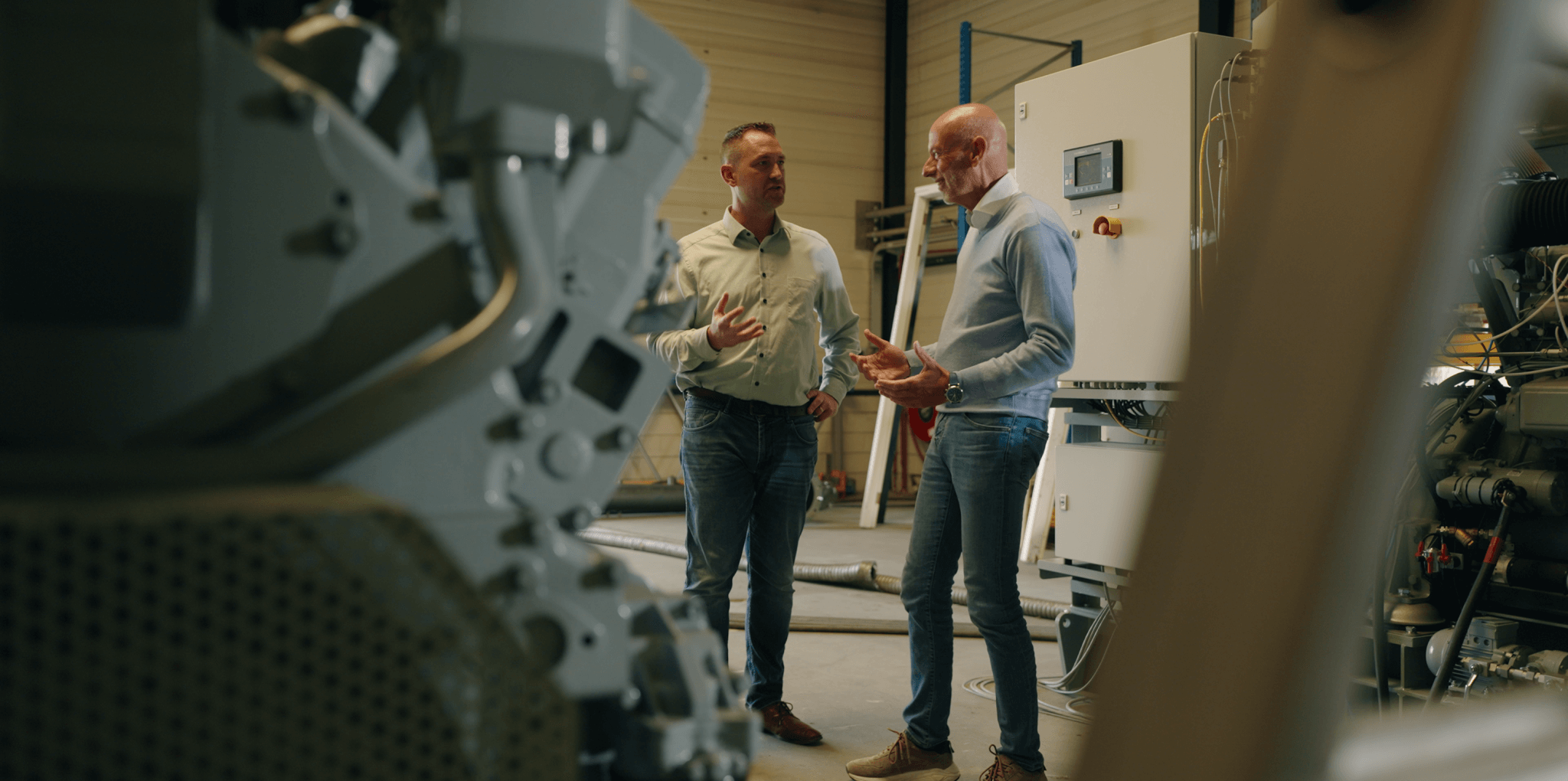

Charting her own course: Heleen Kornet on leadership, legacy and navigating a male dominated maritime world
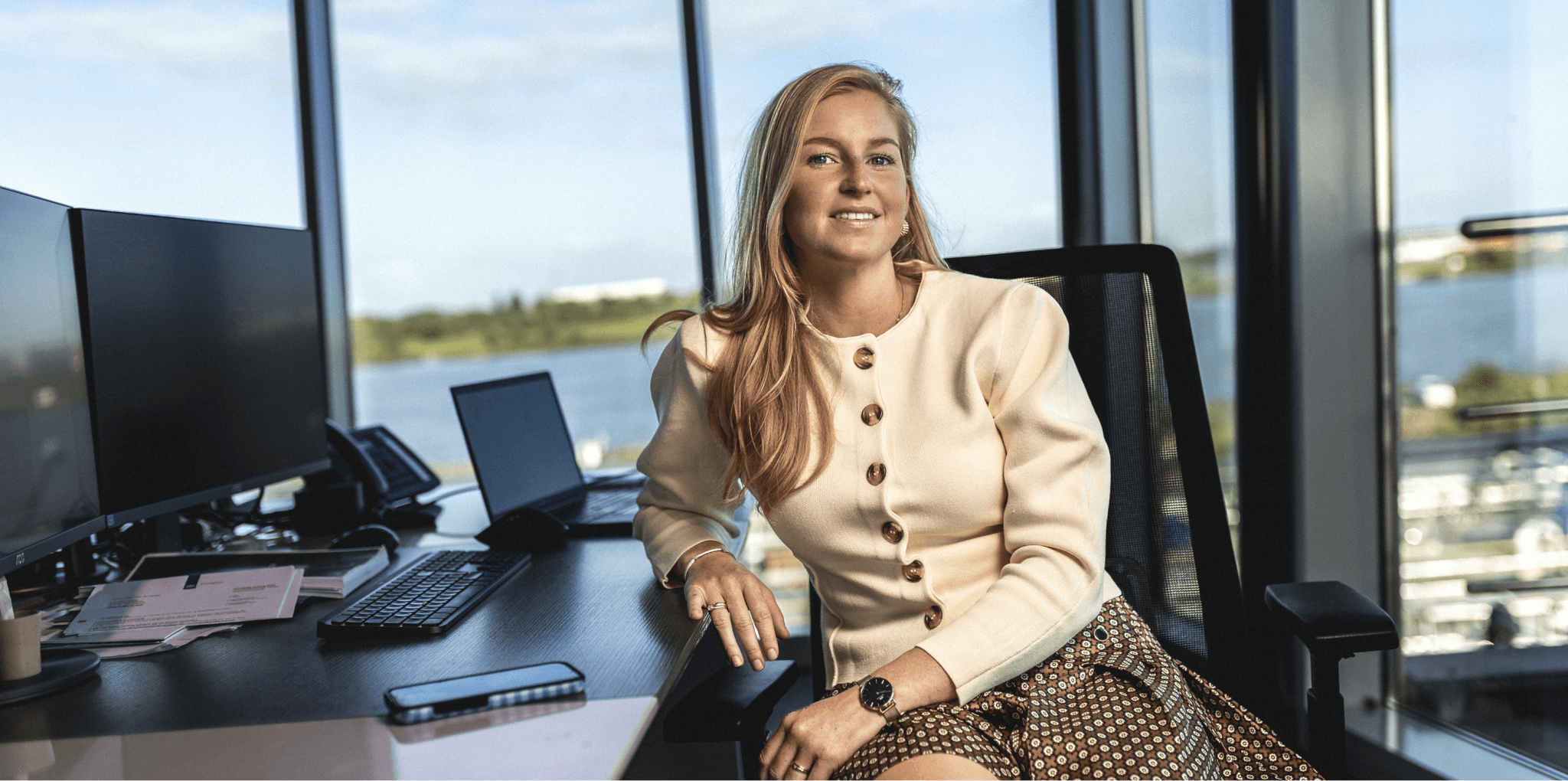

Innovating inland shipping: how Concordia Damen strengthens the maritime ecosystem from Werkendam to Rotterdam
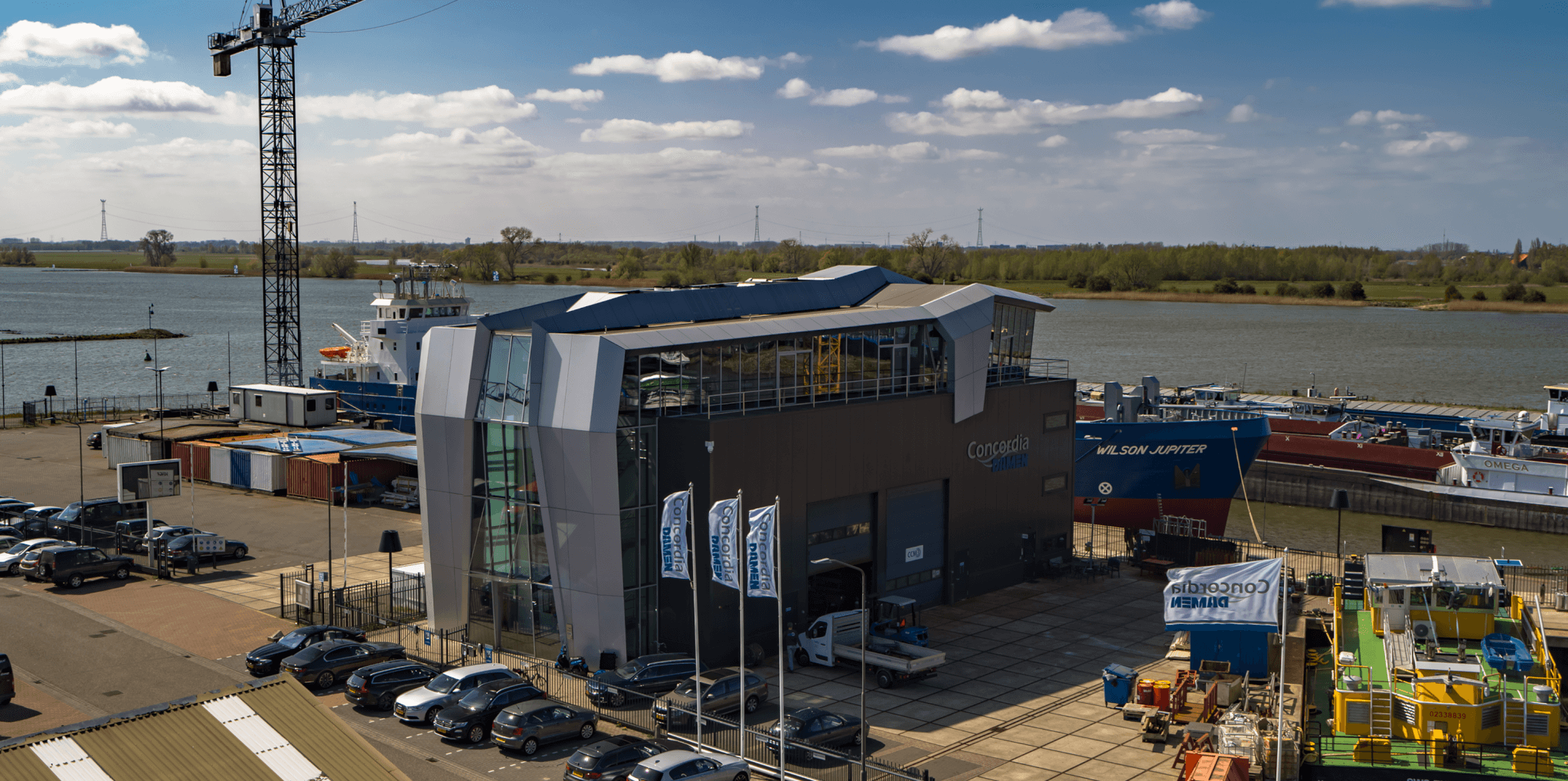

Building smart, specialised vessels: how Holland Shipyards Group turns customer questions into practical innovation
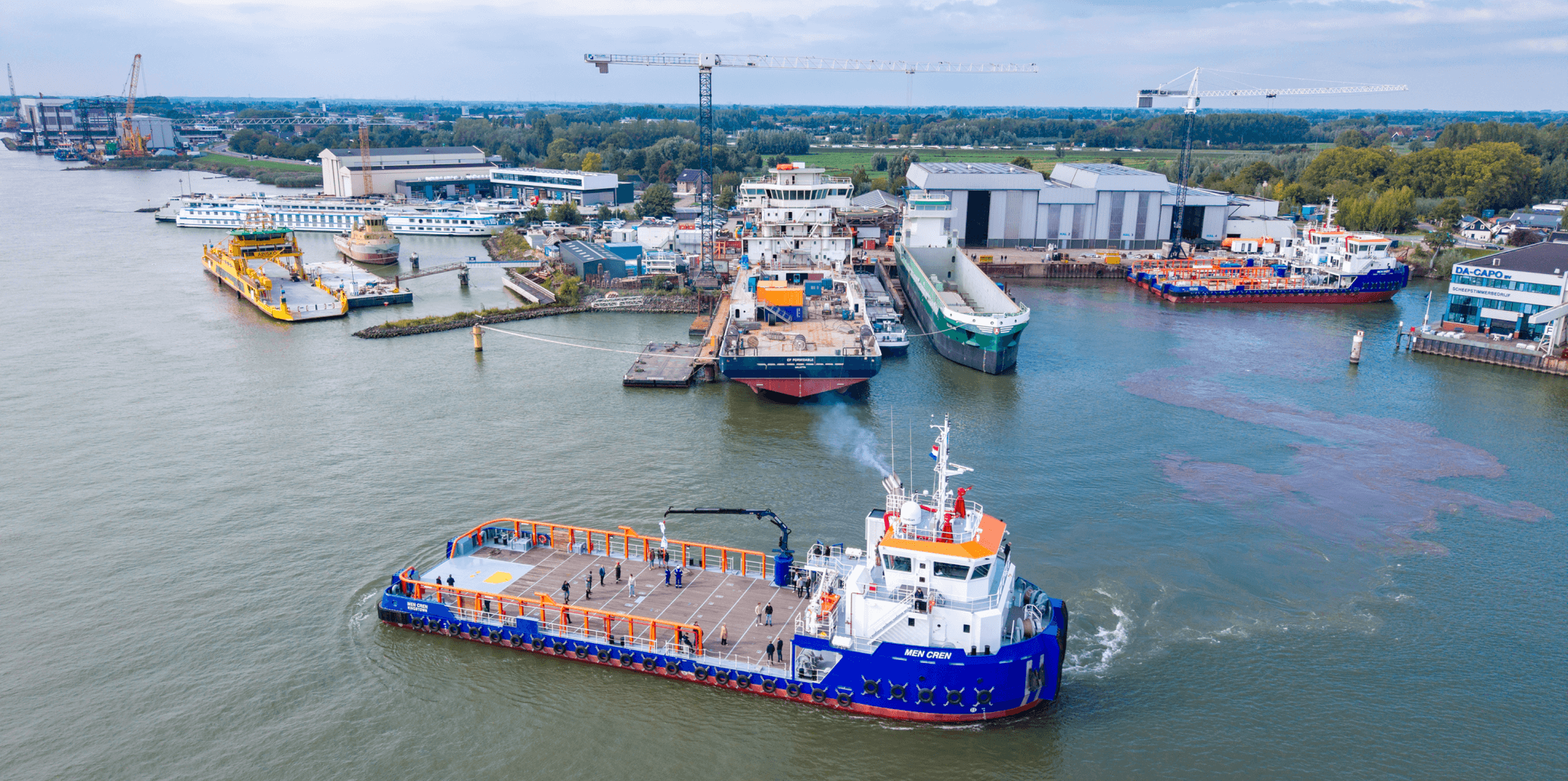

Working with trust and curiosity: Shanna van Berchum on building a career in the maritime industry
